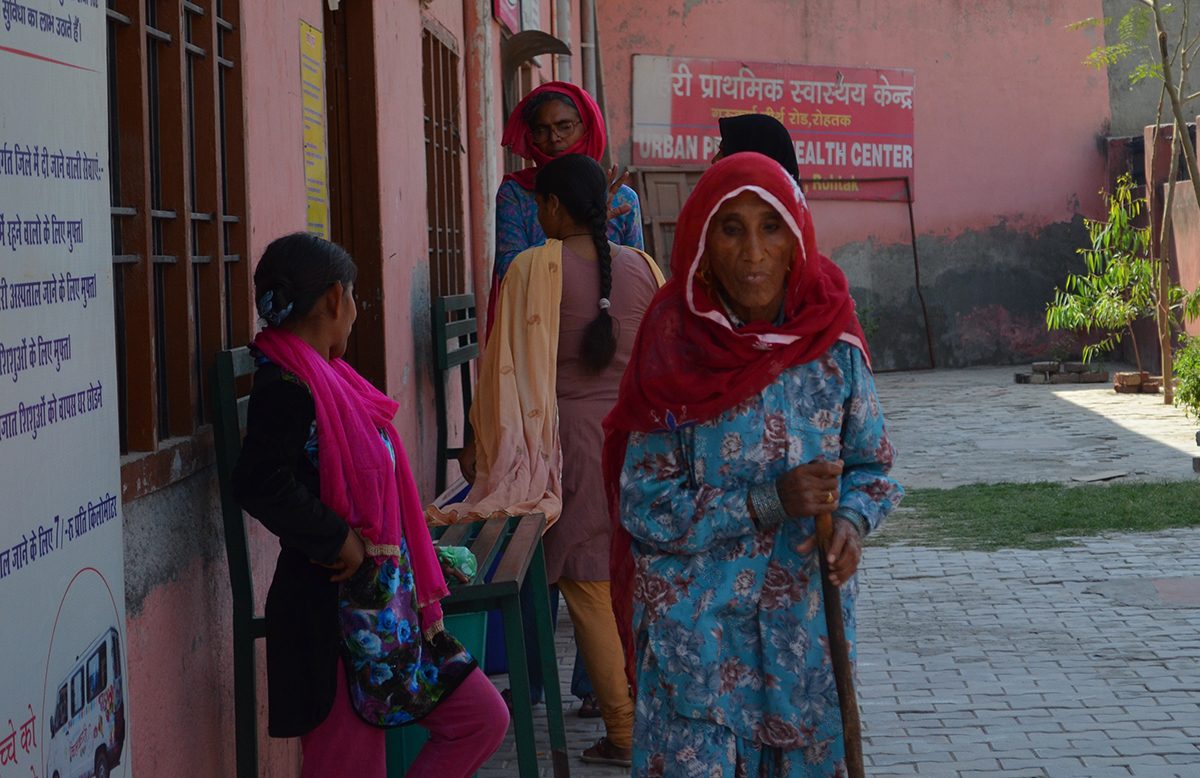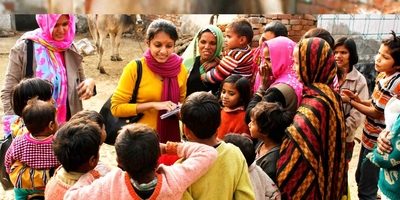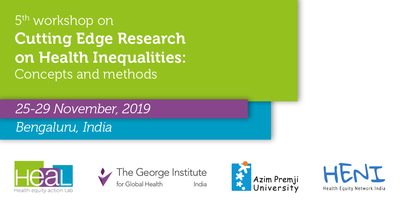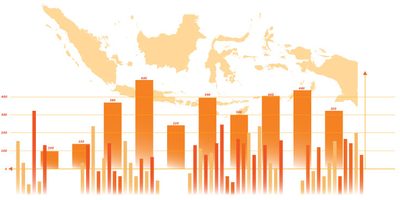
Assessing equity of Universal Health Coverage in India: From data to decision-making using mixed methods
As we advance towards the achievement of Sustainable Development Goal 3 for health through Universal Health Coverage (UHC) reforms in various Indian states, prior experience suggests that health interventions tend to privilege already advantaged populations, creating inequality.
There is, therefore, an urgent need to understand the magnitude of inequalities in coverage of UHC at the state level related to age, sex, place of residence, religion, caste status, tribal status, district, as appropriate, and how they have come about using both quantitative and qualitative research methods.
Aims and Objectives
The project aims to assess the magnitudes of inequalities related to UHC-linked health reform in the Indian state of Kerala and then use participatory, qualitative methods to assess the mechanisms underlying these inequalities.
The project will build on a novel and innovative approach undertaken with the World Health Organisation to build capacity in the monitoring of health inequalities across regions, while also synthesizing evidence on the health-seeking of the urban poor in various Indian cities to help shape the National Urban Health Mission.
Methodology
The project will take a mixed methods approach in continuous partnership with the state health department, local academic partners, under the mentorship of eminent health equity scholars. The health systems research will involve the Delphi method, analysis of secondary data, and primary data collection using qualitative and participatory action research methods.
Current Status
The project is being financially supported by the Wellcome Trust/DBT India Alliance. Training for the team commenced in mid June 2018.





